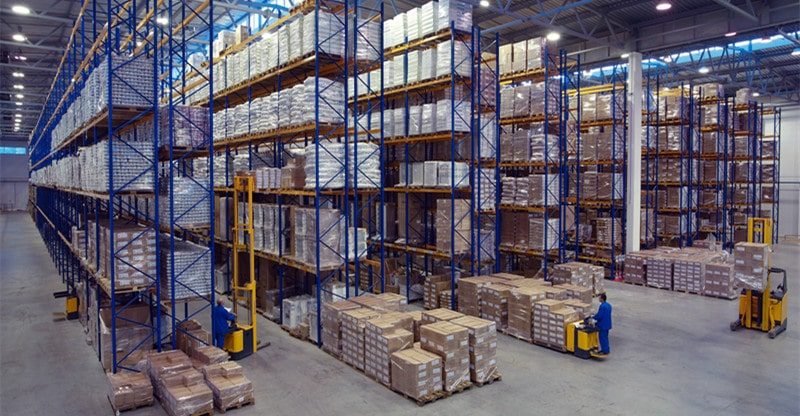How to Choose the Right Warehousing Facility in Sydney?
Sydney, Australia’s vibrant and bustling metropolis, is not only a global economic hub but also a city that offers many opportunities for businesses to thrive. In this thriving urban landscape, choosing a warehousing facility becomes critical for companies aiming to streamline their supply chain operations.
With numerous options, finding the ideal warehousing Sydney requires careful consideration and strategic planning. This article will guide you through selecting the right facility in this dynamic city, considering the city’s business environment’s unique characteristics and demands.
1. Location Matters:
The first and foremost consideration when choosing a facility is its location. Proximity to major transportation hubs, highways, and ports can significantly impact the efficiency of your supply chain. A strategically located facility can help reduce transportation costs and transit times. Consider facilities that offer easy access to the city’s ports, airports, and major highways in the city.
2. Facility Size and Capacity:
Assess your current and future storage needs before settling on a facility. It’s crucial to choose a facility that can accommodate your inventory requirements. Consider factors such as the size of your products, seasonal variations in stock, and potential growth. Opt for a facility with flexible storage options to adapt to changing demands.
3. Safety and Security:
Ensuring the safety and security of your inventory is paramount. Look for facilities with robust security measures, including surveillance cameras, access control systems, and fire prevention systems. In addition, inquire about their track record in theft and damage prevention. A secure facility protects your valuable goods and provides peace of mind.
4. Compatibility with Your Industry:
Different industries have unique warehousing needs. Whether you’re in e-commerce, manufacturing, or distribution, seek a facility that aligns with the specific requirements of your industry. For example, e-commerce businesses may benefit from facilities with order fulfilment capabilities, while manufacturers may need specialised storage solutions.
5. Technology and Inventory Management:
Efficient inventory management is important for any business. Choose a facility that utilises modern technology and inventory tracking and management software. Real-time visibility into your inventory can help optimise operations, reduce errors, and improve order fulfilment, ultimately enhancing customer satisfaction.
6. Transportation and Distribution Services:
Consider whether the facility offers transportation and distribution services. Integration of these services can streamline your supply chain and reduce logistical complexities. Look for facilities that partner with reliable carriers or offer in-house transportation solutions to enhance your distribution capabilities.
7. Scalability and Flexibility:
Businesses are not static; they evolve and grow. When selecting a facility, think about scalability and flexibility. Can the facility accommodate your future expansion plans? Does it offer the flexibility to adapt to changes in your business model or inventory volume? These questions are essential for long-term success.
8. Cost and Pricing Structure:
Budget considerations are crucial in selecting the right facility. Evaluate the pricing structure, including storage fees, handling charges, and additional services. While cost is important, assessing the value you’ll receive in return is equally essential. A facility that provides the right services at a competitive price is a wise investment.
9. Reputation and References:
Research the reputation of the facility. Seek out references and reviews from other businesses that have used their services. A reputable facility with a track record of reliability and customer satisfaction will likely meet your expectations.
Conclusion:
Choosing the right facility of warehousing in Sydney is a key decision that can significantly impact your supply chain efficiency and overall business success. You can make an informed selection that aligns with your business goals by considering factors such as location, facility size, safety, industry compatibility, technology, transportation services, scalability, cost, and reputation.
Remember that each business has unique needs, so take the time to assess your requirements and select a facility that best suits your logistical needs. A well-chosen facility can be a valuable asset that enhances your competitiveness in the market.



